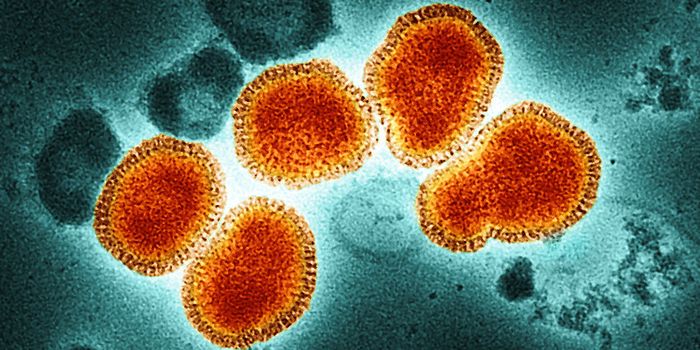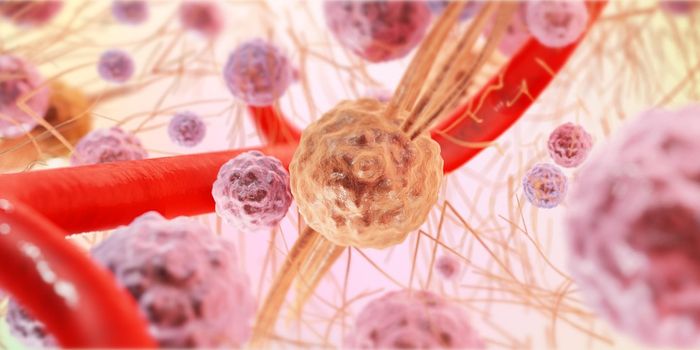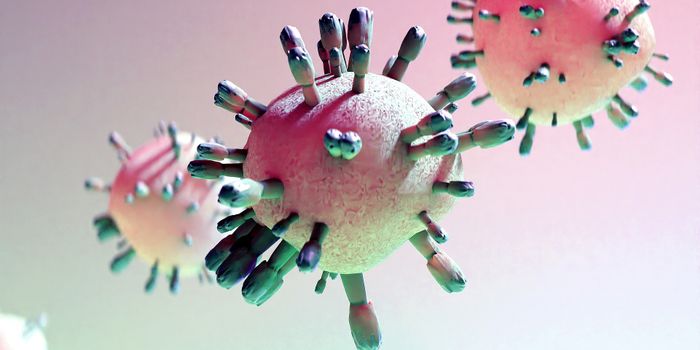In the past couple of years, increased appearance of the "gluten-free" label has been seen on products on grocery store shelves. The debate surrounding whether gluten is "bad" or not continues this week as a new study was recently published in the journal
Clinical Gastroenterology and Hepatology suggesting the legitimacy of non-celiac gluten sensitivity cases.
The
National Institute of Diabetes and Digestive and Kidney Diseases lists celiac disease as an immune disorder where "people cannot tolerate gluten because it damages the inner lining of their small intestine and prevents it from absorbing nutrients." The term "gluten" refers to a set of proteins that contribute to vital life functions of wheat, barley, and rye plants. These proteins are responsible for the qualities in bread such as elasticity, chewiness, and shape (
Celiac Disease Foundation). People with celiac disease experience intestinal inflammation when they consume gluten.

Only 1% of the American population is effected by diagnosed celiac disease. However,
celiaccentral.org says that 18 million Americans report to have a non-celiac gluten
sensitivity - gastrointestinal problems when consuming gluten without any evidence of anti-gluten antibodies or other biomarkers of the condition in their blood.
A group of scientists from the University of Pavia in Italy conducted a double-blind, placebo-controlled, randomized study to "ascertain the condition" of non-celiac gluten sensitivity. 59 adult patients (without celiac disease or any wheat allergies) who claimed to be sensitive to gluten completed the experiment. The participants were split into two groups. One group recieved 4.375 g/day of gluten (roughly the same as 2 slices of wheat bread) for one week and the other recieved an indistinguishable rice starch placebo for one week. Both groups maintained a gluten-free diet throughout the study and switched over to the opposite group after a week.
Results of the study showed the "intake of gluten significantly increased overall symptoms compared with placebo." Gluten-related symptoms included abdominal bloating, pain, foggy mind, and depression.
Although the scientists who conducted the study do list their results as "significant," they also add that "regarding the identification of the true gluten-sensitive patients, [the data] should be interepreted cautiously because of the lack of a control group of non-gluten-sensitive subjects, and it does not represent crucal evidence in favor of the existence of this new syndrome."

Therefore, the debate on the legitmacy of non-celiac gluten sensitivity continues. Is "gluten-free" just a fad diet or an actual gastrointestinal problem for some people? Celiaccentral.org mentions new research on FODMAPs, "a group of poorly digested carbohydrates" that may be causing what people perceive as a gluten sensitivity. These FODMAPs are present in wheat, barley, and rye - just like gluten.
Regardless, the results of this study show that research into the explanation behind non-celiac gluten sensitivities has only just begun. Perhaps another study, with a more extensive control group, could offer some insight into the mechanism behind gluten sensitivity. Even more, the identification of serum immunoglobulins, lymphocytes, and/or other biomarkers of non-celiac gluten sensitivity could further prove the legitimacy of this condition.
Check out the video below to hear about FDA regulations on gluten-free labeling and more about what it means to be "gluten-free."
Source:
Clinical Gastroenterology and Hepatology










